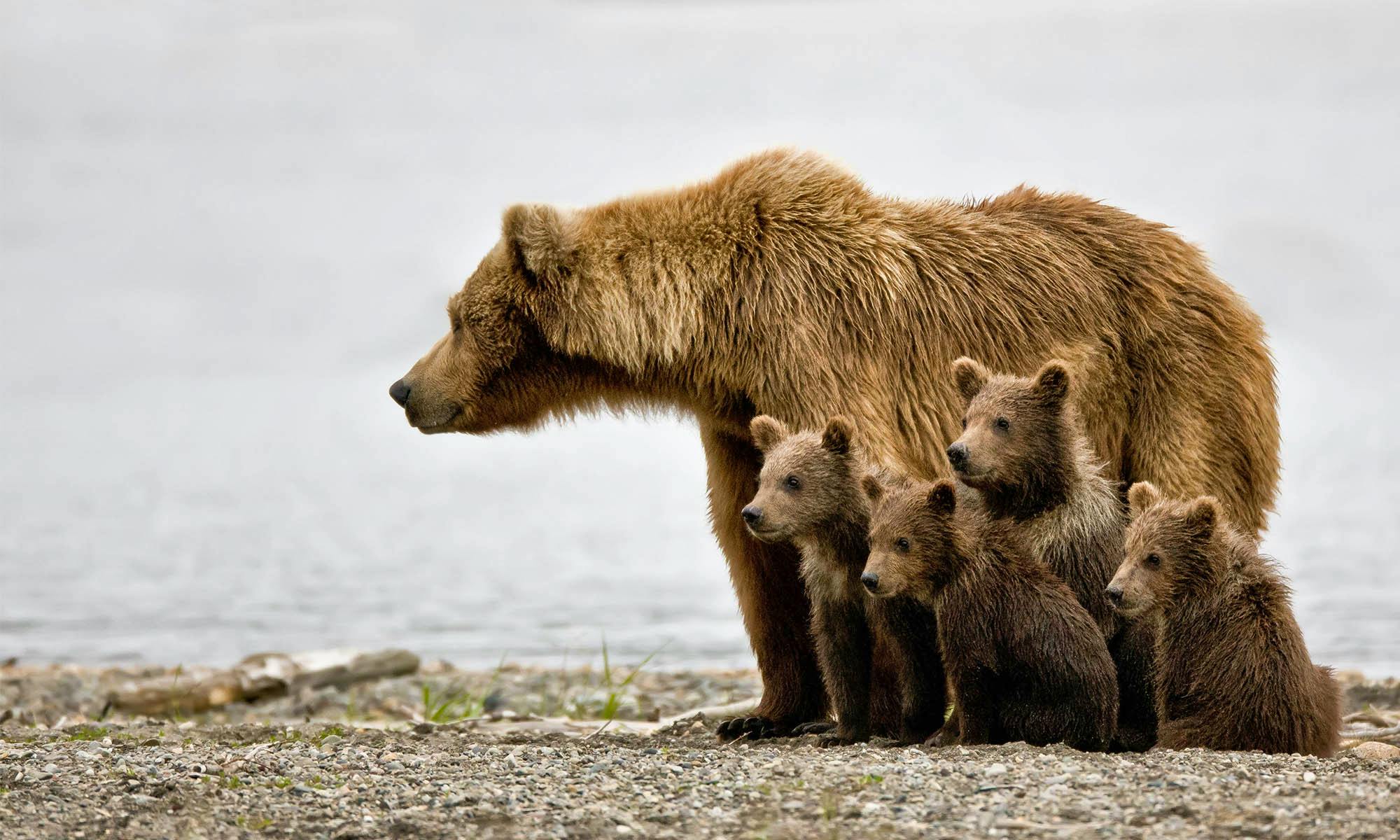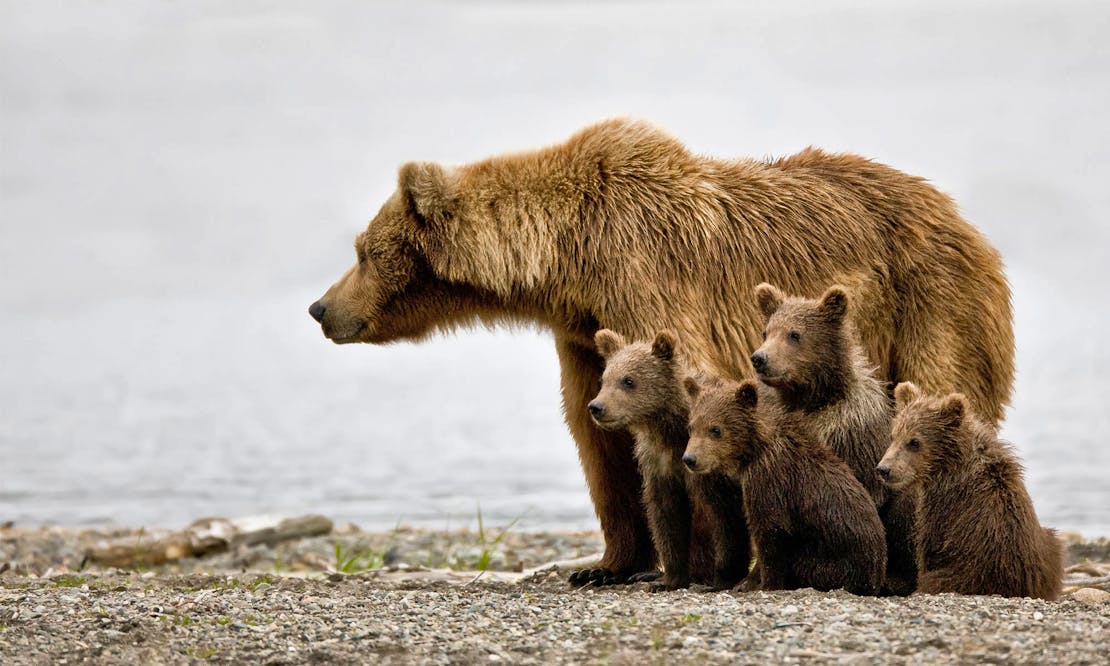After decades of planning, outreach and education, Secretary of the Interior David Bernhardt announced in July that the federal government is halting all plans to recover grizzly bears in the North Cascades Ecosystem. This decision is not only a complete 180 for the department, it also violates Interior’s obligation to protect and conserve threatened and endangered species like grizzlies in Washington under the Endangered Species Act.
Abandoning recovery negates of all the hard work scientists, communities and conservation groups have done to prepare the landscape. This work began decades ago when biologists started searching for signs of grizzlies in the North Cascades. Despite the excellent bear habitat, the scientists couldn’t find any evidence of grizzly bears. At best, they estimated only 10 grizzly bears were left in a 10,000-square-mile ecosystem. To save our country’s most endangered grizzly population, biologists put forward a plan in 2015 to gradually bring grizzlies back to North Cascades National Park. The common adage is wherever the grizzly bear can walk, the earth is healthy and whole. With all the berries and grasses they eat, bears are major seed dispersers. Grizzlies spend a lot of time digging for roots and insects. Turning over all that soil in alpine meadows makes the meadow healthier, producing more wildflowers. In addition to being important to the environment, grizzly bears are also culturally important to several tribes in the Northwest.
This year the National Park Service and U.S. Fish and Wildlife Service were close to delivering a final decision on grizzly recovery after years of public meetings and informational sessions with Washingtonians. The final plan could have addressed the concerns and feedback of residents while bringing back the only native carnivore missing from the Cascades. Instead, clear science and strong public support for the return of grizzly bears was ignored in favor of politics when Interior abandoned recovery efforts.
Defenders of Wildlife has worked for years to lay the foundation for grizzlies to return. We teach residents throughout the state how to use bear spray, work with communities to secure trash, host bear awareness trainings for tribes and students, provide bear-resistant infrastructure for campgrounds, and partner with farmers to install bear-resistant electric fences. Our vision for grizzly bear recovery creates win-win solutions that make space for wildlife while supporting rural and urban communities and proactively reducing the likelihood of human-grizzly conflicts.



Secretary Bernhardt’s decision throws decades of planning, outreach and education to the wayside. It ignores strong bipartisan support from 80% of Washingtonians who support grizzly recovery and it willfully abandons the obligation to conserve a population protected under the Endangered Species Act.
Defenders of Wildlife works with communities throughout the grizzlies’ range to provide tools and resources that allow humans and bears to live alongside each other, regardless of politics. We hope that grizzly bears will someday be back in the Cascades, and we know that when that day comes, people will be able to coexist with these bruins.








